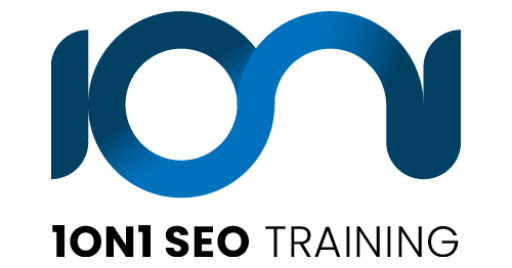Learning SEO is like learning any other discipline – there are many ways to understand it, and there are different instruction modes available to you. These instruction modes are not identical; they're not equal and have specific perks. When learning SEO or any other practical skill set, it's best to select the method of instruction that works best for you.
Tutor
A tutor is tasked with working closely with students to understand complex concepts better. Tutors work with an existing curriculum tied to a course and school. Tutors have excellent interpersonal skills, and one of their strengths is establishing a proper bond with students so struggling students will open up more quickly.
Tutors are also responsible for assessing the current level of understanding and encouraging the former to do better throughout the many learning processes.
Tutors often use different learning materials, and they will explain various topics while fielding questions from the student throughout each session. In a broader context, tutors are crucial for aiding students who wish to excel but require a little extra push to succeed academically.
Teacher
The primary function of a teacher is to impart knowledge to students. Teachers are well versed in setting up educational scenarios in a classroom setting to share knowledge and insights. The role of a teacher is often complex, depending on who is being taught and what the institution is all about.
Higher learning institutions will have teachers who can also fulfill the role of mentors, depending on the expertise level of the teacher in question. The educational level at which the teacher is working is a major deciding factor in what they can and should impart to students.
Teaching aims to educate an individual about critical concepts and principles. This is typically accomplished in a theoretical setting with little practical reinforcement. Students must also visualize crucial ideas and absorb knowledge through supplied examples.
Coach
Broadly defined, a coach is responsible for individuals and teams' training, instruction, and direction. The term coaching is extensively used not just in sports but also in the world of business.
Coaches work with clients, and they exert a lot of effort to ensure that the training matches the client's actual needs on the ground. They provide personalized learning experiences that are suited to each client's unique needs. They frequently work one-on-one with students, and they typically encourage collaboration with individuals to provide practical guidance in their fields.
Coaches are regarded as sages or guides who make it possible for individuals to progress to a higher skill level. They teach, but not precisely how teachers and tutors do.
The coach's position is frequently confused with mentors and teachers; it is critical to understand the essence of coaching in business or the workplace.
Coaching takes place in the real world. Everything taught has a practical application, and it is typically done on the job, which means the individual learns as they work. The coach's role is to assist learning, offer practical advice filled with real-world expertise, and conduct an individual analysis to determine their weaknesses and strengths.
Coaching provides an excellent opportunity for personal growth. For instance, managers routinely encounter employees that lack confidence. The conventional wisdom is to enroll them in assertiveness training and hope this resolves the issue.
In the near term, the employee acquires new communication methods, boosting confidence. However, it should be noted that these external changes in behavior must be accompanied by shifts in a person's internal cognitive processes. This is frequently the most successful application of coaching.
Mentor
Mentoring frequently entails guidance rather than teaching. It is often focused on emotional support to aid an individual in establishing a foothold in an industry or job rather than on actual abilities.
The resources that a mentor shares vary according to the structure and objectives of a particular mentoring relationship.
A mentor may share knowledge about a particular field or career path with a protege or mentee and provide role modeling, emotional support, motivation, and guidance.
A mentor can assist with networking, goal formulation, career exploration, and resource identification.
The mentor's role may evolve in response to the mentee's changing needs. Certain mentoring relationships are structured and adhere to clear expectations and norms, while others are decidedly less formal.
The American Psychological Association has published a list of qualities of effective mentoring. According to the APA, a person is a good mentor if they have the willingness and capacity to:
Value the other person as a protege or mentee
Foster mutual respect and trust
Maintain a high level of confidentiality
Listen to the mentee and how the mentee is speaking
Assist the protege in resolving problems
Maintain a focus on the protege's development while resisting the urge to make the protege a clone or mirror image
Classes
Classes are generally defined as students who congregate to study a specific subject for a short period. Classes emphasize that many other individuals are involved, and there may be one or more teachers involved. An online SEO class, for example, may involve several students who wish to learn about a single topic.
Course
The term "course" originated from the university system and involved a singular teaching unit that will run an entire semester. One or more instructors or teachers may handle a course, and the roster of students is fixed. Courses are essentially fixed programs where topics and lessons are predetermined.
Students receive credit or grades after finishing a course. In the domains of business and marketing, companies can offer courses in exchange for certificates of completion. Course value varies depending on the company providing the course and the level of expertise of those teaching the course/s.
School
Schools can be defined in so many ways. In legal parlance, "school" refers to a place where learning occurs. However, the "ordinary and popular meaning" applies to most situations. While some definitions emphasize that schools mainly impart knowledge "to the young," it's possible to call a physical or digital location a school as long as it fulfills the primary function of imparting knowledge to students in individualized or group classes.




